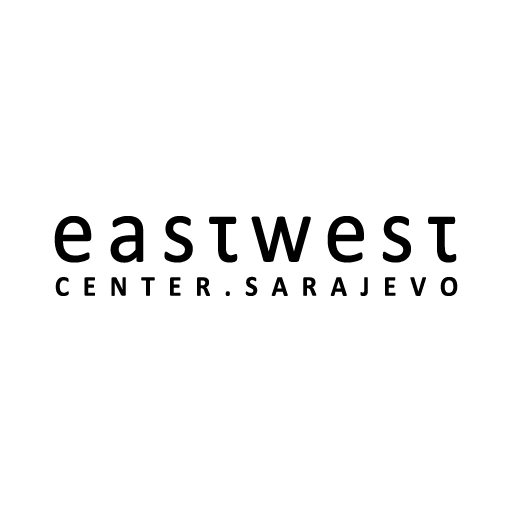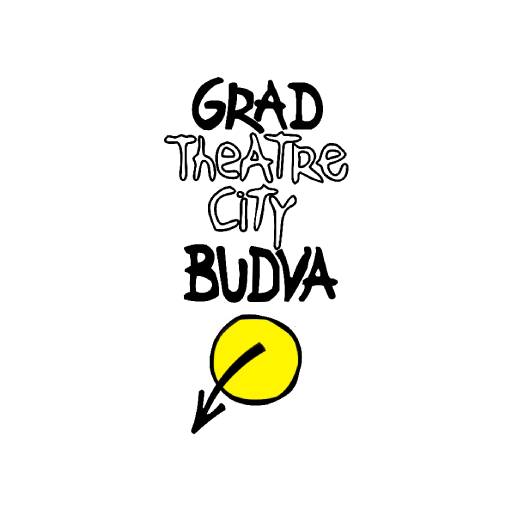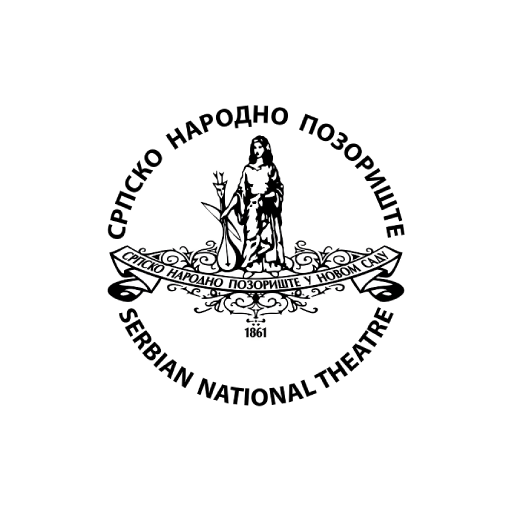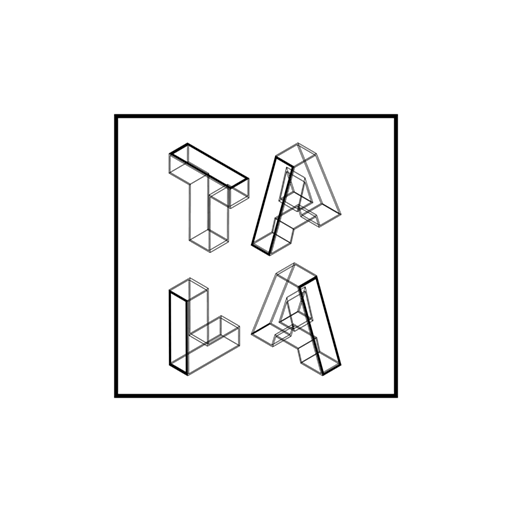Partners
East West Centre Sarajevo is one of the leading independent cultural organizations in the region and the most successful international BH theatre company. East West Centre represented Bosnia and Herzegovina at the world’s largest theatre festivals, such as the Edinburgh International Festival; Festival d’Avignon, Singapore Arts Festival; City of Culture of the United Kingdom, Derry/Londonderry; Queens Festival, Belfast; Kontakt Festival, Torun, Poland; Baltic House, St. Petersburg, Russia; Mittelfest, Italy; Sibiu International Festival, Romania. We were the first theatre company from the region to appear at the Royal Swedish Opera in Stockholm. In the region, we performed at the festivals Sterijno Pozorje, Novi Sad, Serbia; Ohrid Summer, Macedonia; Prelet, Ljubljana, Slovenia; International Theatre Festival MES, Sarajevo; Desire Central Station, Subotica, Serbia and in the most important regional theatre houses: Cankarjev dom, Ljubljana, Slovenia; Zagreb Children’s Theatre, Zagreb, Croatia; Montenegrin National Theatre, Podgorica, Montenegro; Yugoslav Drama Theatre, Belgrade, Serbia; Serbian National Theatre, Novi Sad, Serbia; Slovenian National Theatre, Maribor, Slovenia. Over one thousand artists from twenty-three countries participated in the plays that we produced and performed in BiH.
The Theatre City Festival is a prestigious cultural event that takes place during the summer months in Budva under the auspices of the Municipality of Budva, Montenegro. Since its establishment in 1987, the Festival has been rebuilding the Mediterranean spirit of the Old Town and turning each of its squares and piazzas, as well as parts of the city outside the Old Town core, into an open-air scene where both visitors and passers-by become participants in an artistic act. Since it has been an essential part of the city’s tourist offer since its inauguration, the Theatre City, and thus Budva, is an essential destination for both citizens and tourists, as evidenced by the fact that around fifteen thousand people visit the Festival every year. Conceived as a cross-section of contemporary achievements first of all in theatre, and then also in art, music and literature, “Grad teatar” confirms its reputation with the quality of its programmes not only as a host to numerous troupes and artists, but also with the quality of its production activities, which reexamines the authentic cultural heritage of Budva and Montenegro and its implementation in contemporary models of artistic activity. The most famous plays originated from the production workshop “Theatre City” (seventy seven so far), independently or in cooperation with renowned theatre companies of the country and region, are “Kanjoš Macedonović”, “False Tsar Šćepan Mali”, “Waiting for Godo”, “Karolina Neuber”, “Banović Strahinja”, “A Midsummer Night’s Dream”, “Jegor’s Way”, “Count Zanović”, “Montenegrini”, “The Tempest”, “Hamlet”, “Caligula”, “Skočiđevojka”, ” Don Krsto”, “The Debate”, “Othello”, “Višnjik”, “Zorba the Greek”, “Divine Comedy”, “Fishermen’s Quarrels”, “Lullaby for No Man’s Wolf”, “Amadeus”, “The Cursed Courtyard”, “Three Sisters “, “Bloody Weddings” and others, with innovative props have already been recognized as plays that changed the course of theatrical life in the region. Musical, artistic and literary programs are also an indispensable part of Theatre City.
The Serbian National Theatre was founded on 16/28. July 1861 in Novi Sad, in the then Empire of Austria (Austro-Hungarian Empiresince 1867). Vojvodina already had a long theatre tradition up to that time, from school dilettante performances to private professional theatre troupes. The theatre gave performances in all places in Vojvodina, but also toured outside area. In Novi Sad, plays were performed in the hall on the floor of the tavern “Kod sunca”, in the hall of the tavern “Kod kraljice Jelisavete” (today’s hotel “Vojvodina”), in the summer in the arena “Kod Zelenog venca” (on the site of today’s Apollo Centre), from 1872 to 1892, when the building on Trifković Square was demolished and from 1895 in the Dunđersko Theatre (it was located in the courtyard of today’s Hotel “Vojvodina” and burned down in a fire on January 22, 1928), a theatre building that landowner Lazar Dunđerski gave to the Serbian National Theatre. In the period between 1918 and 1941, the Serbian National Theatre worked in completely new political and social conditions – Vojvodina was part of a new state. In very difficult conditions, without state aid, the Society for the Serbian National Theatre restored the work of the Theatre. The Serbian National Theatre founded the Opera in 1947 and the Ballet in 1950. From 1947 to 1959, there was a Secondary Theatre School in Novi Sad with two departments, acting and ballet (which grew into the Ballet School), and from 1964 to 1972 there was a Drama Studio SNP. In 2006, SNP became a member of the European Theatre Convention and a member of the Quartet Association, which includes theatres from Hungary, the Czech Republic and France. In 2011, the Serbian National Theatre hosted the General Assembly of the European Theatre Convention, one of the two most respected European theatre organizations, and two years later a representative of the SNP was elected as a member of the Management Board of this Association. In the same year, in 2011, the building of the Serbian National Theatre was thoroughly renovated with funds from the Fund for the Development of Vojvodina.
Dance Centre Tala has, in the past two decades transformed, upgraded and expanded its activities and projects, creating a living organism of the dance centre, which grows out of continuous dialogue with dance artists and numerous participants of the independent performance scene. Since its establishment in 2000, the artistic organization, in the absence of institutional structures, has been a refuge and co-production partner for artists from the independent dance scene. The vision that drives the Dance Centre all these years is a unique and open space that provides a safe environment for learning, socializing, working and creating for the members of dance and performance scenes and their participants – children, young people, artists and the wider community that gravitates towards dance programmes, quality working conditions and organizational support in order to make the most of their creative capacity and artistic potential. This dance collective’s long-standing dream of a multifunctional, collaborative space and performing arts incubator finally came true in April 2022, with the opening of TALA PLE(j)S – Space for Dance, Art and Entertainment. The mission of the Tala Dance Centre is to provide a quality and stable environment for artists and organizations of the independent dance scene with continuous spatial, organizational and material support, as well as an environment of cooperation, partnerships and mutual care. They are dedicated to research, development and implementation of new ideas, production models, presentations, distribution and contextualization of dance and related arts, as well as the creation, adoption and application of new knowledge and concepts, all in order to affirm dance as an independent, relevant and sustainable art. By conducting continuous educational programs, specialized workshops and art camps, they bring together various social communities, paying special attention to inclusivity and accessibility. This develops a diverse audience that becomes a participant and constant follower of contemporary performing arts. At the same time, advanced educational programs that include numerous professional performances and collaborations lead to the creation of future professional staff, all with the aim of integrating art into the everyday life of various communities. Co-production and presentation formats encourage innovative, exciting and risky artistic experiments and create a common discourse around relevant artistic and theoretical issues.




